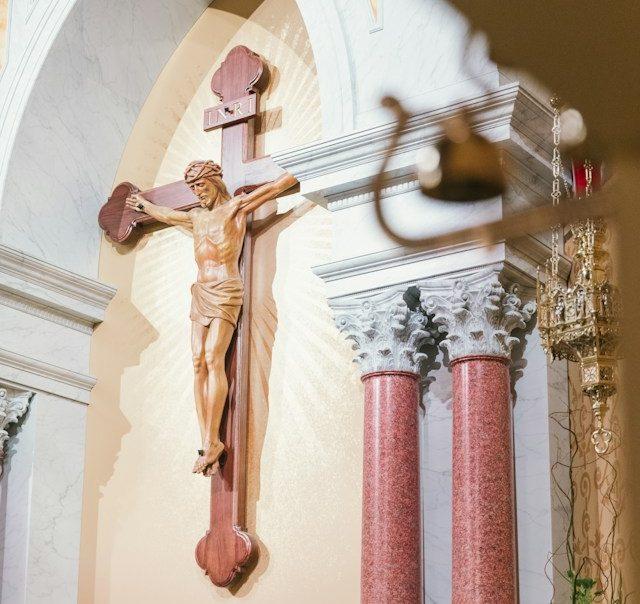On November 2, when the Church commemorates All Souls’ Day, devout Catholic believers have the opportunity to apply plenary indulgence to the souls in purgatory. In this article, we will explore the origin of this celebration, the meaning of plenary indulgence, and the benefits it offers to the souls awaiting entry into Paradise.
The Origin of the Commemoration of All the Faithful Departed
The history of this celebration dates back to the famous Cluny Abbey, where the fifth Abbot, Saint Odilon, instituted the “Feast of the Dead” in the Cluniac liturgical calendar. This feast provided monks with the opportunity to intercede for the departed, helping them achieve eternal blessedness. From Cluny, this celebration spread among the faithful, becoming a common devotion throughout the Catholic world.
Many of us have the habit of visiting cemeteries on All Souls’ Day to remember loved ones who have passed away and pray for them. However, not everyone pays attention to this call of the heart, either due to a lack of religious knowledge or guidance. Moreover, for some people, the concept of Purgatory may seem strange or unlikable.
The Meaning of Plenary Indulgence
Indulgence is an important practice in the Catholic Church and is defined in the Apostolic Constitution Indulgentiarum Doctrina by Pope Paul VI. It involves the remission, before God, of the temporal punishment due for sins already forgiven as far as guilt is concerned. This is achieved by the faithful who are properly disposed and under certain conditions, through the Church, which, as the dispenser of redemption, distributes and applies the treasury of satisfactions of Christ and the Saints.
To obtain plenary indulgence, the most complete form, three conditions must be met: sacramental confession, Eucharistic communion, and prayer for the intentions of the Supreme Pontiff. Additionally, it is essential to renounce all attachment to sin, even venial. The three conditions can be fulfilled on different days, but communion and the prayer for the intentions of the Pontiff must occur on the same day as the work is performed.
Application of Plenary Indulgence on All Souls’ Day
On All Souls’ Day, believers have the opportunity to apply plenary indulgence to the souls in purgatory. To do this, it is necessary to visit the cemetery and pray, even mentally, for the souls of the departed, such as loved ones, family members, and friends who have passed away. This plenary indulgence is available daily from November 1st to November 8th, provided that the aforementioned conditions are met.
Furthermore, in all places such as churches and public or semi-public oratories, it is also possible to obtain plenary indulgence on All Souls’ Day. The prescribed work is the pious visit to the church, during which one must pray the Our Father and the Creed, make sacramental confession, receive Eucharistic communion, and pray for the intentions of the Supreme Pontiff. The prayer for the intentions of the Pontiff can be recited by saying an Our Father and an Ave Maria or any other prayer that inspires devotion.
Conclusion
All Souls’ Day is a significant date for Catholics, as it offers an opportunity to remember and pray for loved ones who have passed away. Furthermore, the application of plenary indulgence to the souls in purgatory is an act of love and charity. By following the conditions established by the Church, believers can contribute to the relief of the souls awaiting eternal blessedness.
Compiled by Gustavo Kralj



































